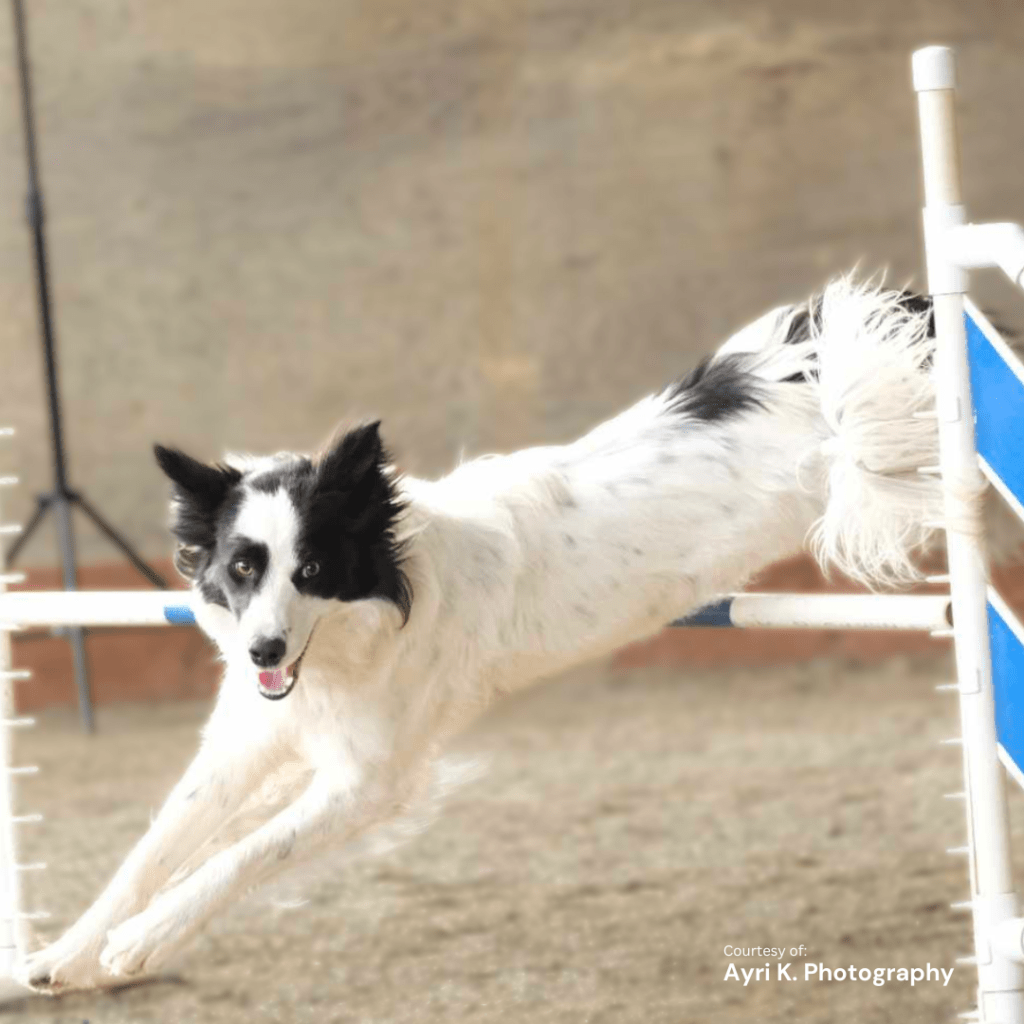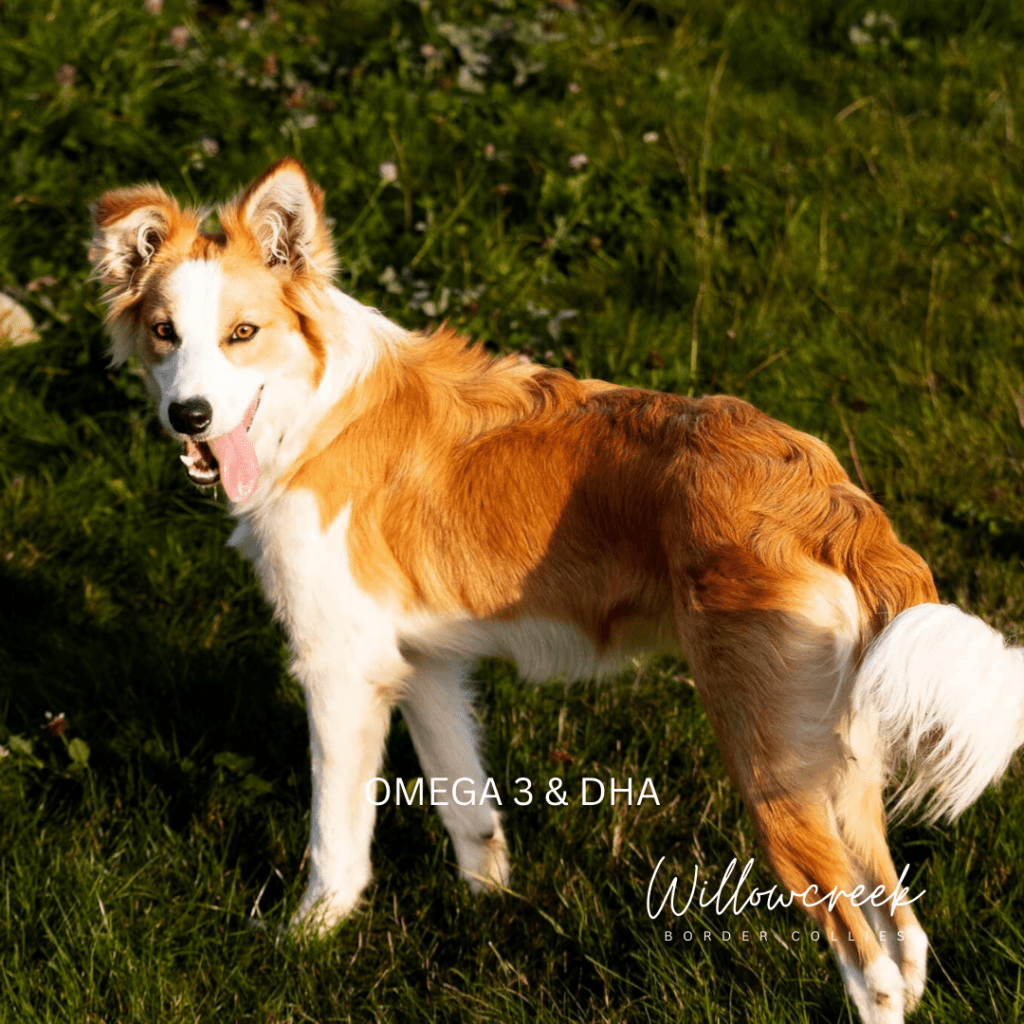Early puppy development is a critical period that lays the foundation for a dog’s behavior, temperament, and social skills throughout its life. Understanding the various stages of puppy development and the importance of early socialization and introductions can significantly impact a dog’s overall well-being and behavior.
Stages of Puppy Development:
Puppy Development | Neonatal Stage (0-2 weeks):
During this stage, puppies are entirely dependent on their mother and littermates for warmth, nourishment, and stimulation. Their eyes and ears are closed, and they spend most of their time sleeping and eating.
Puppy Development | Transitional Stage (2-4 weeks):
Puppies begin to develop their senses during this period. Their eyes and ears start to open, and they become more aware of their surroundings. They also start to move around clumsily and explore their environment.
Puppy Development | Socialization Stage (3-14 weeks):
This is the most crucial stage for puppy development. Puppies become more independent and start learning social cues from their mother, littermates, and human caregivers. They develop preferences for certain people, objects, and experiences, which can shape their behavior in the future.
Puppy Development | Juvenile Stage (3-6 months):
Puppies become more playful and adventurous during this stage. They have boundless energy and are eager to explore their environment. It’s essential to provide them with plenty of mental and physical stimulation to prevent boredom and destructive behavior.
Puppy Development | Adolescent Stage (6-18 months):
Puppies start to mature physically and emotionally during this stage. They may challenge authority and test boundaries as they establish their place in the social hierarchy. Consistent training and positive reinforcement are crucial during this period to shape desirable behaviors.
Puppy Development | Importance of Early Socialization and Introductions:
Early socialization plays a pivotal role in shaping a puppy’s behavior and temperament. Exposing puppies to a variety of people, animals, environments, and experiences during the socialization stage helps them become well-adjusted and confident adults. Here are some key reasons why early socialization and introductions are essential:
-
- Prevention of Fear and Aggression: Proper socialization helps puppies become familiar with different stimuli, reducing the likelihood of fearfulness and aggression towards unfamiliar people, animals, or situations later in life.
- Enhanced Adaptability: Puppies exposed to various environments and experiences during the critical socialization period are more adaptable to new situations as adults. They are less likely to become anxious or stressed when faced with unfamiliar circumstances.
- Improved Communication Skills: Early interactions with littermates, other dogs, and humans teach puppies appropriate social behaviors and communication cues. This understanding of social cues fosters better relationships with both humans and other animals.
- Reduced Behavioral Issues: Puppies that are well-socialized are less likely to develop behavioral problems such as excessive barking, chewing, or aggression. They learn to cope with different situations positively, leading to a more harmonious relationship with their owners.
- Increased Confidence: Early socialization builds confidence in puppies, making them less fearful and more outgoing in new situations. Confident dogs are generally happier and more relaxed, leading to a better quality of life.
Early puppy development is a critical period that significantly influences a dog’s behavior and temperament throughout its life. By understanding the various stages of puppy development and the importance of early socialization and introductions, dog owners can set their puppies up for success and ensure they become well-adjusted, confident, and sociable adult dogs.


















